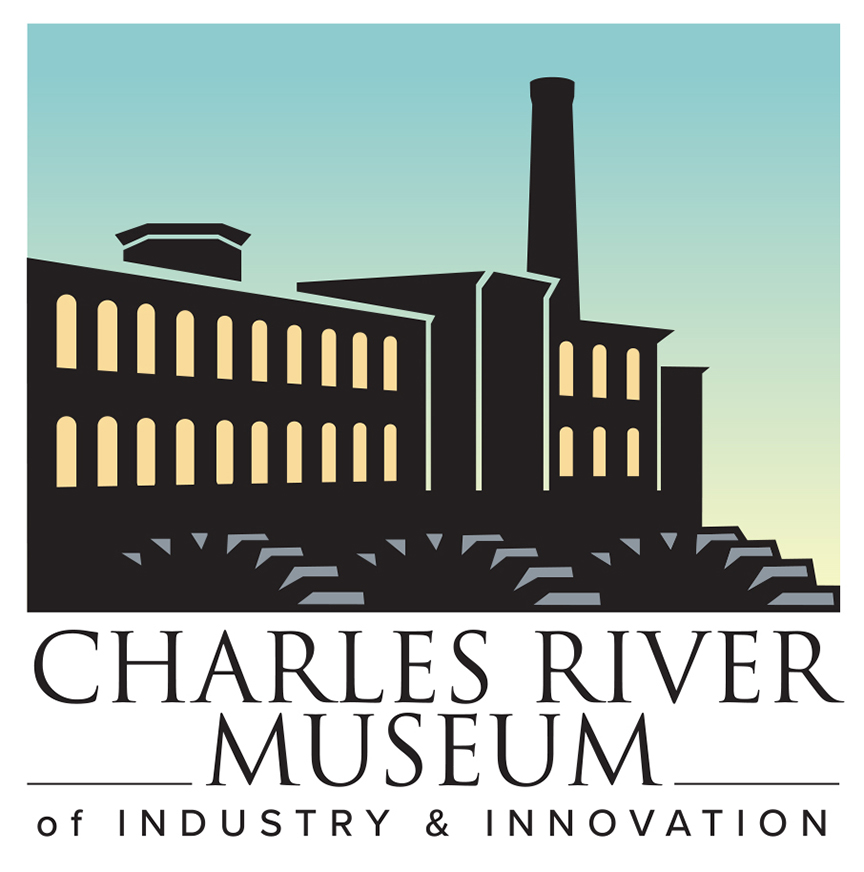
Lowell Lecture
The Development of the Ball Bearing Traveler and the 1967 America’s Cup Boat Intrepid
Date & Time
March 20, 2024 at 7 p.m. - 8 p.m.
Location
Charles River Museum of Industry and Innovation
Located in the Historic Francis Cabot Lowell Mill
Park in the Embassy Theatre Lot — GPS "42 Cooper Street, Waltham"
154 Moody Street Waltham, MA 02453
Driving Directions
Speaker(s)
Alan Palevsky grew up sailing on Great South Bay on Eastern Long Island. He started by crewing for his older brother in the Blue Jay Class in 1959, graduating to the Windmill in 1965. This boat was a Clark Mills design as the next boat up after the Optimist Pram. They took 2nd in the Windmill Nationals in 1968.
In 1974 Alan started racing the Tornado, the Olympic class catamaran. He raced that class through 1988 and in 1986 he was ranked 10th in the US. He also raced Interclubs in the Marblehead Frostbite fleet from 1982 through 1990. Finally, he has been evening racing Solings on Boston Harbor since 1981.
Palevsky earned a Bachelor's degree in physics from Williams College in 1973 and a PhD in physics from MIT in 1980. He spent 37 years at Raytheon and retired in 2018 at the level of Director. His work at Raytheon was across many disciplines including high-power microwave tubes, flat panel displays, and satellite communications. Since retiring, he has been consulting part-time in the electronics industry. He has also volunteered at Courageous Sailing in Charlestown, Massachusetts, helping maintain their boats.
Presenting Organization
Charles River Museum of Industry and Innovation
Topics
Contact
Bob Perry (director@charlesrivermuseum.org, 7812168723)
The Revolution in Racing Sailboat Materials and Hardware From 1956 to 1976
The period from 1956 to 1976 introduced huge changes in racing sailboats. There was the transition in hulls from wood to fiberglass, in spars from wood to aluminum, in lines from Manila to Dacron, and in sails from cotton to Dacron (main and jib) and Nylon (spinnaker). There were also major upgrades in the running rigging with the introduction of cam cleats, ball-bearing travelers, lightweight blocks, lightweight shackles, and the ratchet block. Put today’s sailor in a boat from 1956 and it would all seem quite foreign and antiquated. Put that same sailor in a state-of-the-art boat from 1976 and except for the lack of electronics it would all feel quite familiar.
The period from 1956 to 1976 introduced huge changes in racing sailboats. There was the transition in hulls from wood to fiberglass, in spars from wood to aluminum, in lines from manila to Dacron, and in sails from cotton to Dacron (main and jib) and Nylon (spinnaker). There were also major upgrades in the running rigging with the introduction of cam cleats, ball bearing travelers, light weight blocks, light weight shackles, and the ratchet block. Put today’s sailor in a boat from 1956 and it would all seem quite foreign and antiquated. Put that same sailor in a state-of-the-art boat from 1976 and except for the lack of electronics it would all feel quite familiar.
As a teenager, from 1964 to 1969, Alan Palevsky worked in a small machine shop that at the time was the leader in ball bearing travelers and light weight blocks. The shop won the contract to build much of the running rigging for 12-Meter Intrepid, the 1967 America’s Cup defender.
Little did Alan realize at the time that the hardware he worked on was the harbinger of major changes in hardware across all of sailing. The talk will cover some of his memories of working in that era and some of the details of the hardware design and fabrication techniques, and the new materials put into service.
The owner and brains of the operation was Edmund Laviano. He was a local sailor with an inventive mind who had gotten into designing and fabricating small boat hardware in the early 1960s.
This is more Mr. Laviano’s story than Mr. Palevsky’s.